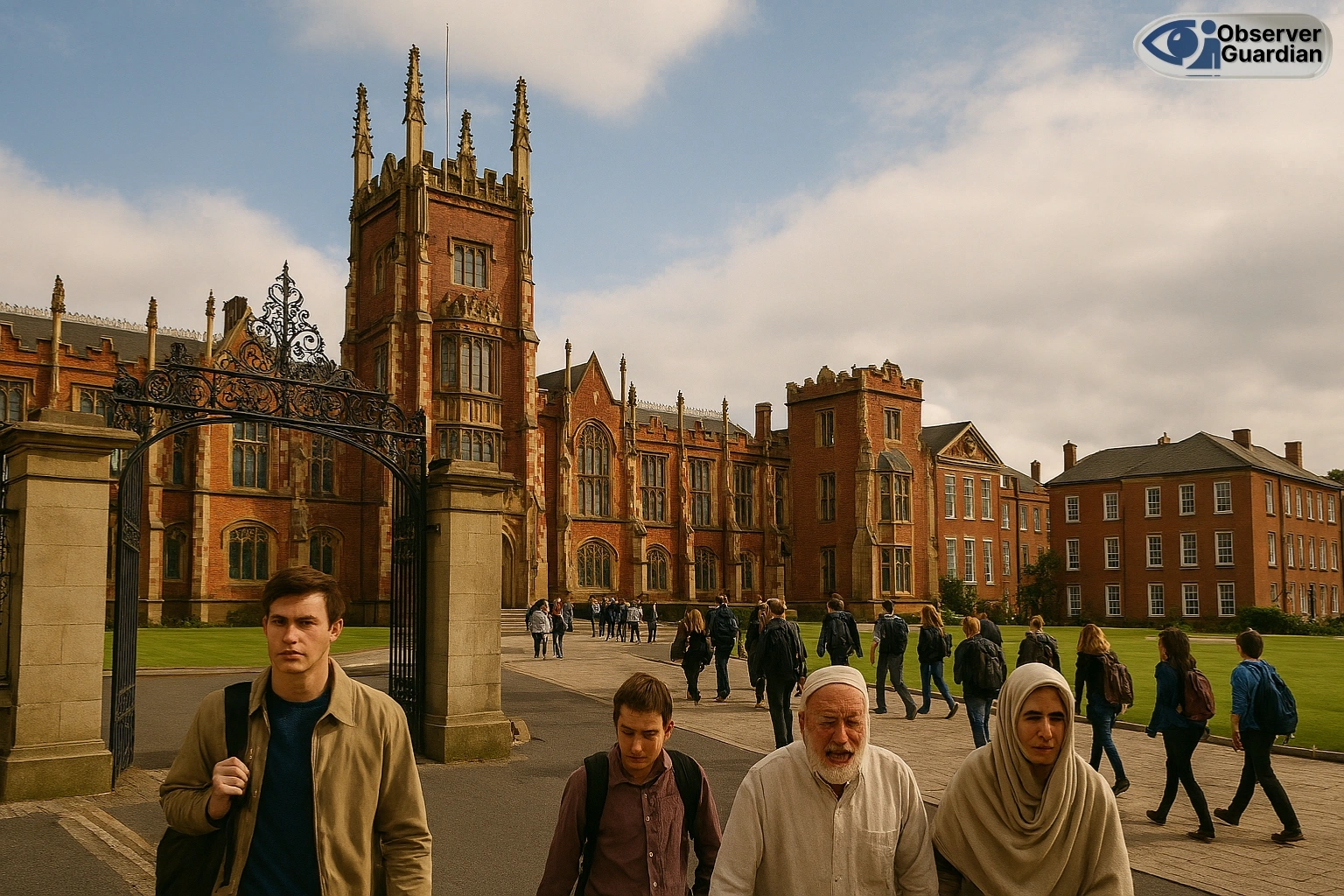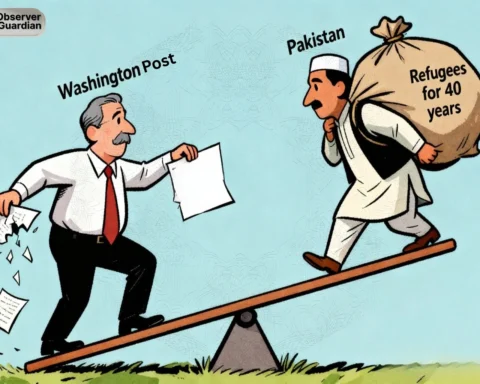In the United Kingdom the growth of elite Russell Group universities has recently sparked some profound criticisms over balance, diversity and equity in higher education. It is reported that in recent years at least ten of these institutions have more than doubled their number of students with this move seemingly being a success in terms of broadening accessibility of prestigious institutions. Yet the situation is rather complex. Concentration of growth within the most selective universities does not only represent success in a few institutions but alters the environment of the whole academia at the cost of smaller universities and regional institutions that do not capitalize on their brands or financial weight or prestige. The growth is not happening in isolation and coincides with a period where other parts of higher education in the UK are already contending with funding pressures and in the broader cultural arguments as to the worth of university degrees.
Concentration of Opportunity
The underlying predicament is a concentration of opportunity. On the one hand Russell Group universities have enjoyed robust reputations and high research earnings as well as inordinate media and political attention. By expanding aggressively in terms of the number of students they draw more tuition fees and international students and cement their position of dominance in league tables. Whether students are domestic or international they will of course tend to follow the path of what appears to be the best or the most prestigious given that employment markets have been known to give credit to brands. This forms a vicious circle that enhances bigger universities at the expense of smaller universities risking stagnation or worse still decline. Most of the regional institutions are not merely being tested on the level of prestige but on a level of survival. Should the student demand be too focused in Russell Group campuses the smaller institutions might have to reduce programs, cut staff or even worse shut down.

The Argument to Diversify Higher Education
UK higher education has traditionally been proud of its variety big city research universities, small research teaching universities and specialist colleges of diverse types. Such diversity is needed to meet the diverse needs of students and employers. Not all students adjust to the high stress research intensive world and not all disciplines fit directly with the agenda of elite schools. Regional universities also have essential local workforce training roles, adult learner services and applied education on health, education, and in the creative industries. The risk of unrestricted Russell Group growth is that narrowing the system limits student choices and deprives the communities they serve of educational cornerstones. This threatens to lock in regional disparities and especially where smaller universities in less affluent regions are undermined and Russell Group institutions are left to prosper in already wealthy urban conurbations.
Is the Growth to be Capped?
The idea of limiting the increase of elite universities is dubious and nonetheless should be taken seriously. The opponents suggest that constraints of the expansion on Russell Group institutions violate the issue of free choice and jeopardize the overall quality of education. Policy makers do not need to obstruct the desires of these students in case they like these universities. But higher education does not exist in a perfect competitor marketplace and it is strongly influenced by government policy including tuition fee determinations and research funding portfolios. This is not a level playing field and facing no limits to growth, the most powerful universities will inevitably crowd out other universities. The balance and defense of educational diversity could be maintained by some kind of cap or at least a system that maintains proportional growth throughout the sector.
No one wants to penalize success, but an attempt is made to protect a system where a wide variety of universities can compete successfully.
The Equity Question
This also has an equity aspect that cannot be overlooked. A high proportion of disadvantaged students depend on local or regional universities due to the financial means and familial responsibilities or lack of confidence to enter the competitors of elite institutions. If the weakening of those universities occurs, then the possibilities of widening participation diminish. The Russell Group needs to be expanded and enlarge the total population of students who receive the privilege of education in one of the prestigious institutions however it does not remove the very root of the issue i.e. inequality of access. Indeed, there is even a risk that it will worsen inequalities because even the students who make it through admissions are better positioned to have a background of advantageous social circumstances and well developed academic foundations. In contrast smaller universities tend to have a bigger workload on their hands as regards inclusion and social mobility. Weakening them is dangerous to the wider social purpose of the UK.
A Centrist Course
The answer is on a more modest approach of higher education policy. Instead of letting Russell Group growth continue at its own pace the government needs to shape up the policies that would promote cooperation within the industry and not a competition that would leave the least powerful institutions in the worst possible position. Regional university investments focused grants on topics of importance to local economies and credit to provide universities incentives to pool resources might serve to maintain diversity. The spread of Russell Group can be hailed as a symbol of success, but the uncontrolled growth is about to shape a more homogenous, centralized and unequal system. The UK requires a higher education system with high performing research universities alongside institutions specialized in other areas, and facilities in the regions all performing.
Disclaimer: The views and opinions expressed in this article are exclusively those of the author and do not reflect the official stance, policies, or perspectives of the Platform.








